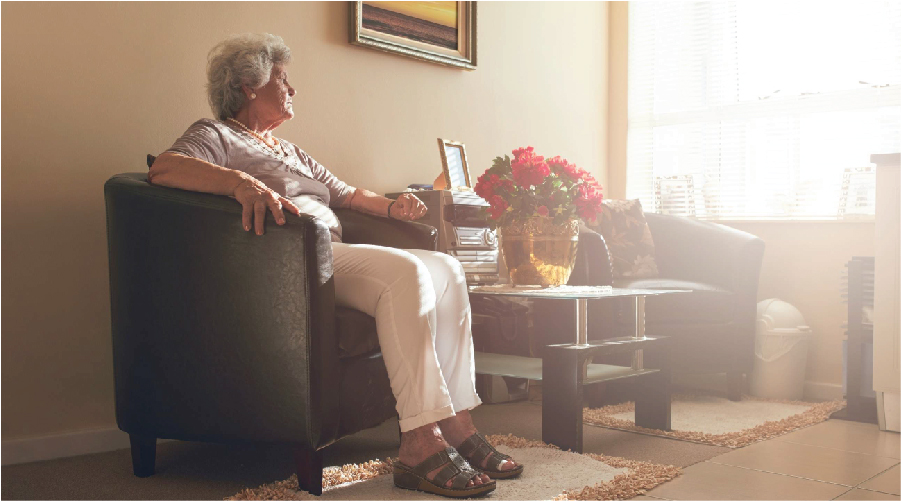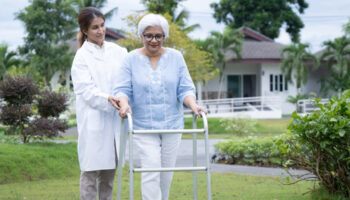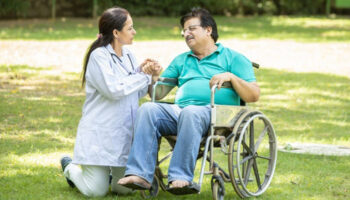In today’s fast-moving world, it is inevitable that a substantial children live away from their aging parents mainly on employment considerations. Current demands of lifestyle does not permit visiting and spending quality time with senior citizens of the family. Loneliness and subsequent isolation of elderly population specifically senior citizens is a growing health concern amongst families and healthcare community.
Loneliness is essentially an intrinsic yet unpleasant emotional response to isolation or lack of acquaintances. Loneliness typically includes anxiety and a lack of connectedness with humanity .Additionally, aging inhibits mobility of elders. This loneliness among the elderly may also be triggered by physical and geographic isolation, poor economic status, unexpected demise of life- partner, and lack of connectivity, related patient caretaker isolation and resistance to technology.
Consequences of Isolation
Remedies for Isolation and Loneliness
The impact of loneliness on health and well-being of senior citizens has a profound impact on costs since they are the crucial customers of health care .Investing time and supporting organizations that offer companionship will help reduce healthcare costs and improve living standards.
Simple Methods
Community Efforts
Caregiver For Seniors
Many social agencies provide Home Healthcare Services through caregivers. Caregivers are essentially paid personal or health care aides, who assist people needing support due surgery, chronic diseases, injury, mental or physical disability, fragility and age. Their duties include
Assisted Living (AL) Facility
This new concept of ‘AL for aging gracefully’ is essentially a paradigm shift from medically connoted nursing homes It is a socially- rewarding, self-reliable route for connecting senior citizens to the future .AL revolves on providing support systems in a homelike atmosphere for assisting daily activities of senior citizens along with sufficient touch points to enable social engagement simultaneously. AL residents have numerous benefits given by skilled staff like 24/7 food with individual preferences, assistance in daily routines, healthcare support and transportation.
Conclusion
Aging is an inevitable aspect of humanity. Yet, it may be endured gracefully with community support so that seniors lead a pragmatic autonomous life in conductive environment. After all, who doesn’t want to live with dignity?





